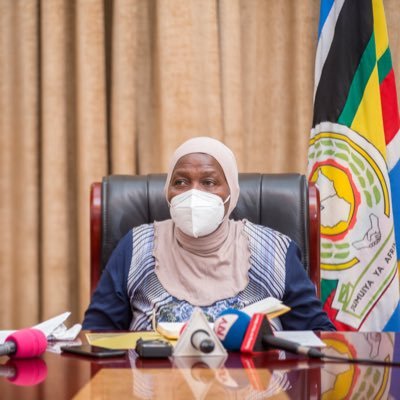Lawmakers on Parliament’s Public Accounts Committee have raised concerns about the necessity of the Ministry of Kampala and Metropolitan Affairs alongside Kampala Capital City Authority (KCCA).
They argue that the funds allocated to the ministry could be better utilized to enhance services within Kampala and its environs.
The MPs expressed these sentiments while engaging with officials from the Ministry of Kampala and Metropolitan Affairs, who were appearing before the committee to address queries raised in the December 2023 Auditor General’s report.
The report highlighted the perceived duplication of roles between the Ministry of Kampala, KCCA, and the Ministry of Lands and Urban Development.
Monica Edemachu Ejua, the Undersecretary of the Ministry of Kampala Capital City and Metropolitan Affairs, defended the ministry’s existence, emphasizing its role in supervising and providing guidance to the management of the city and its surroundings.
She clarified that while KCCA formulates subsidiary laws such as ordinances and by-laws, the ministry ensures that KCCA’s implementation aligns with the established framework, thereby coordinating planning functions across the nine entities within the Kampala Metropolitan region.
“If we don’t plan for this region, then it is a serious time bomb having in mind that the bigger percentage of the GDP, over 60% is from this region and there are so many challenges affecting this region. Therefore, our mandate is gearing around addressing these issues,” Ejua said.
“While at the Ministry of Land and Urban Development, we work with them at a strategic level but when it comes to coordinating and making sure that we implement the plans in line with the guidelines, then it is where the ministry comes in, so there is no duplication of these mandates in any way.”
This defense was supported by Patrick Nsamba Kassanda Northwho who sought clarity on the ministry’s mandate in light of the existence of the Ministry of Urban Development and the operational presence of KCCA.
He stressed the importance of understanding the ministry’s role in the country’s development process.
Basil Bataringaya Kashari North urged the accounting officer to delineate the ministry’s justification amidst the presence of other corporate entities operating within the same environment.
He emphasized the need to ascertain whether the ministry’s activities are complementary to those of other entities, ensuring that the allocated funds are effectively utilized and deliver value for money.
“The Accounting Officer should indicate to us, when she is implementing, is there justification of this ministry, versus given the environment she is operating in that has other body corporate entities that plan and put into effect other plans. What is their mandate versus these other entities, it will guide us to know whether the funds they are accounting for are put to good use and there is value for money?”


